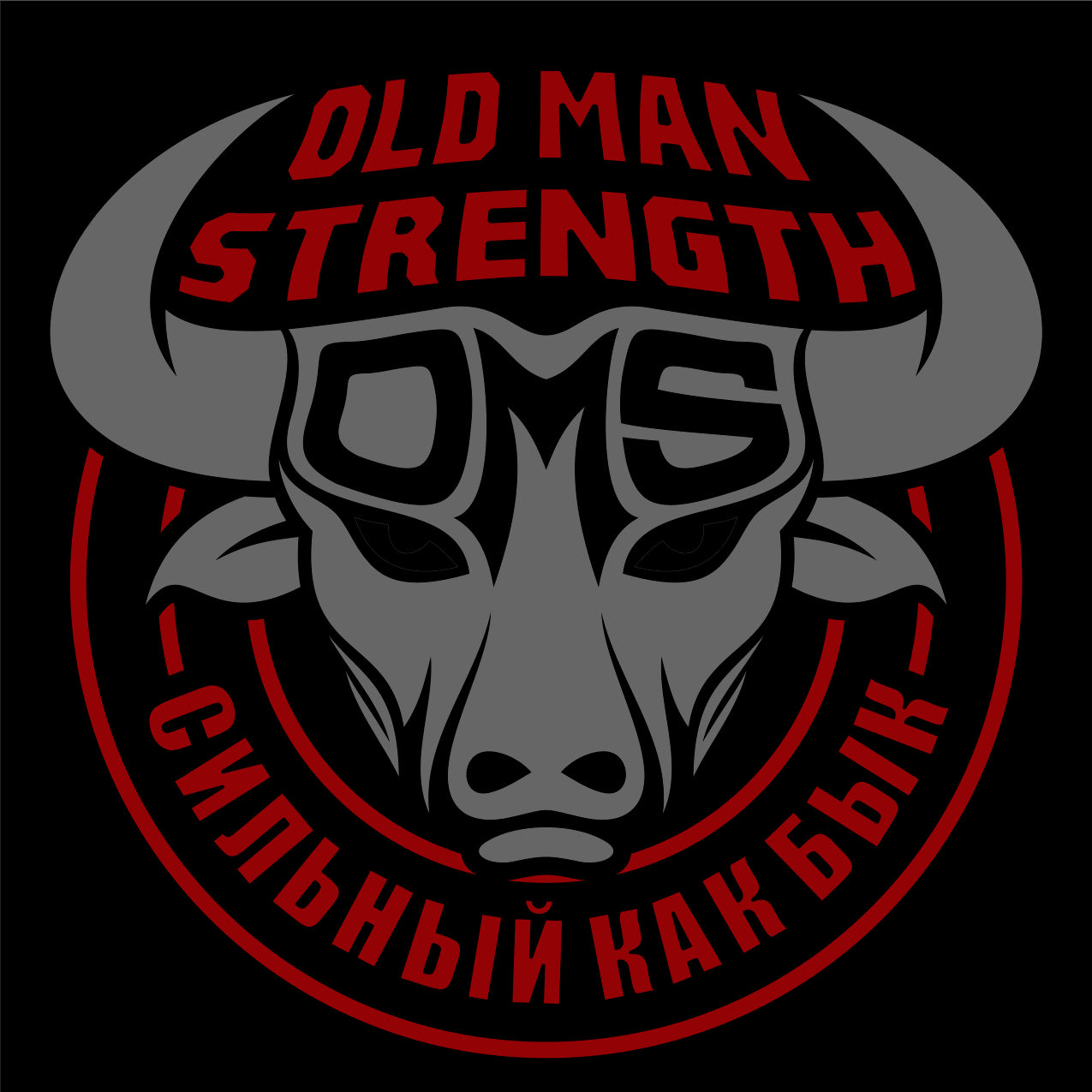
Immunity and Old Man Strength Part 1: Sleep
Immunity and Old Man Strength Part 1: Sleep
Let's be honest – it's been a tough few months. Long days inside, homeschooling the kids, with the never-ending reality of a pandemic is stressful. While some of us have managed to move through this pandemic unchanged, others lost their jobs and their livelihoods. We have endured more mental stress over the last three months than at any time this generation.
The irony, of course, is that our health has never been as important as it is right now, and it has never been more significant to be old man strong. Health is life, and we owe it to ourselves and our families to double down. The decisions we make right now matter – who could judge anyone for a few extra beers or glasses of wine, a quickly made high carb high-fat meal, a late-night bowl of ice cream, and the commitment to train a little harder “when all of this is over” right now. People put on 5 pounds over the average Christmas season; the pandemic has taken this to another level. Now is the time for us to be more health-minded than ever before.
Our Old Man Strength community is now over 130,000 strong old guys taking care of themselves and their families, training hard and staying alive. Over the next few weeks we will be calling on the advice of our members, and set out 9 ways to increase your immunity to illness.
Of all the ways to increase your natural immune system, the most important is to get enough sleep.
We all think we get enough sleep, but very few of us do. The human body between the ages of 26 and 64 years of age needs between 7 and 9 hours of sleep a night. This drops to 7-8 hours after 65 years of age. Did you know that roughly 12% of us, however, sleep less than 5.5 hours per night? 23% of the adult population in the United States and Australia openly report that we do not get enough sleep.
Sleep matters a lot more than we think; in fact, it's essential. Sleeping less than 7 hours a night increases the risk of obesity, type 2 diabetes, and heart disease. It affects the metabolism, decreases glucose sensitivity and causes us to crave fats and sugars. Studies over the entire population of countries have found that people who sleep less than eight hours a night, on average, will have a higher BMI than those who don’t. In fact, one study showed that just sleeping one more hour a day can drop 14lb from your frame over the course of a year.
It also affects our immune system, leaving us more exposed to infections. Reduced sleep over long durations can double the risk of cancer, reduce our ability to empathise with others, and reduce libido. A single night without sleep is equivalent to a blood alcohol level of 0.08. That's right, if you drive without sleep, you are a weapon, and not in a good way.
Getting enough sleep involves some do’s and some don’ts. The Do’s are pretty much about giving your body a chance to work properly. Firstly, go to bed at the same time every night, give or take. Our bodies have an internal clock and an entire system of hormones, the most important being melatonin, that regulates when you get tired. When you give your body a system that it can rely on, the hormones all line up for you and the clock works perfectly. You get tired and you fall asleep. Secondly, light matters. Those hormones we talked about are reactive to light, because that's the signal they wait for to turn you back on again, and they can’t tell the difference between sunlight and the light on your iPhone, your television, your clock radio or your bathroom light.
The Don’ts pretty much involve things you are doing, eating and drinking that you shouldn’t. Stay out of bed during the day unless you are having a nap. Don’t train straight before bed. Don’t have that after-dinner espresso. Don’t do your emails straight before bed, and especially don’t lean over at 3 am, turn your phone on, check Facebook, like a post, and then think you are going to just fall back asleep. That literally breaks about ten rules.
A large number of us have sleep issues, and most of the above applies to all of us from time to time. It's a bit like training; when the now and then becomes every day, you get stronger, and it works in the reverse as well. Three to four hours sleep is ok once or twice a week, but if it's a continuing thing, give some thought to what you can do to make a change, without resorting to sleeping pills or other outside aids. You’ll see the differences in a few weeks, and you’ll feel them straight away. Stay old man strong.


